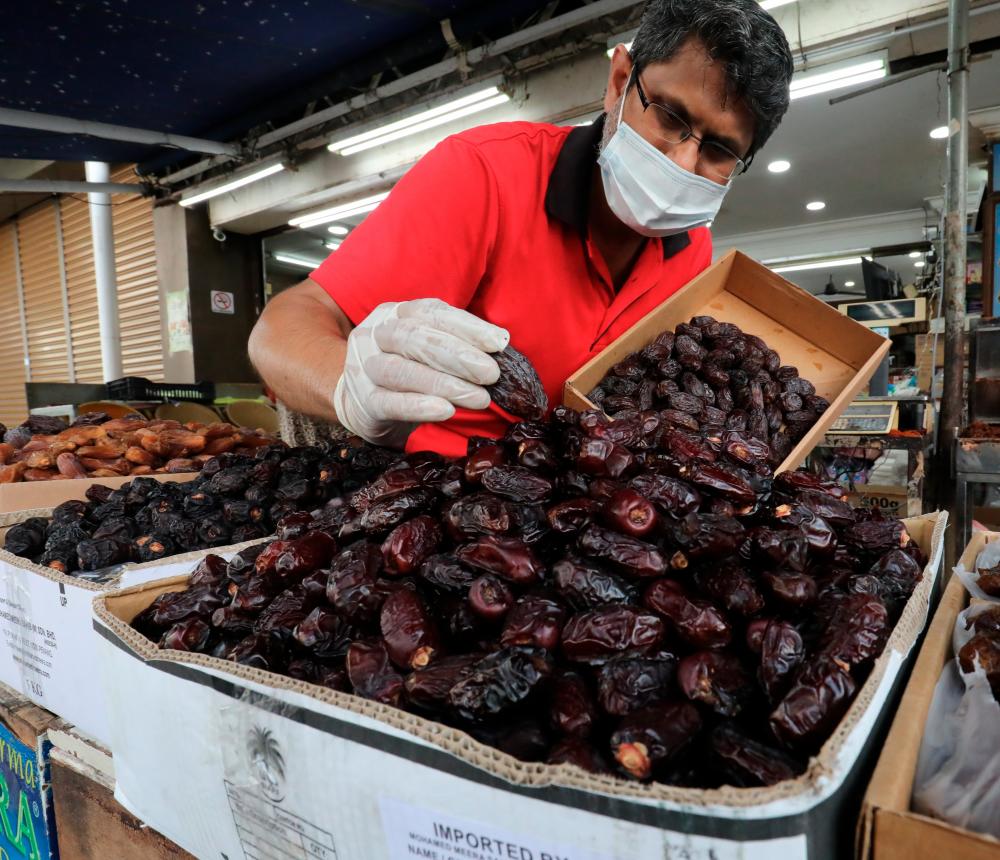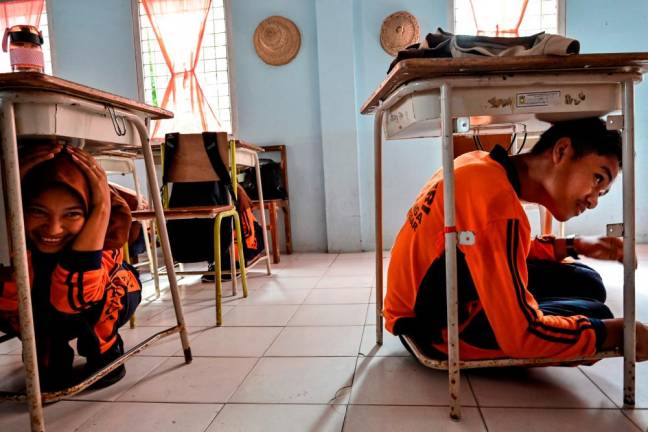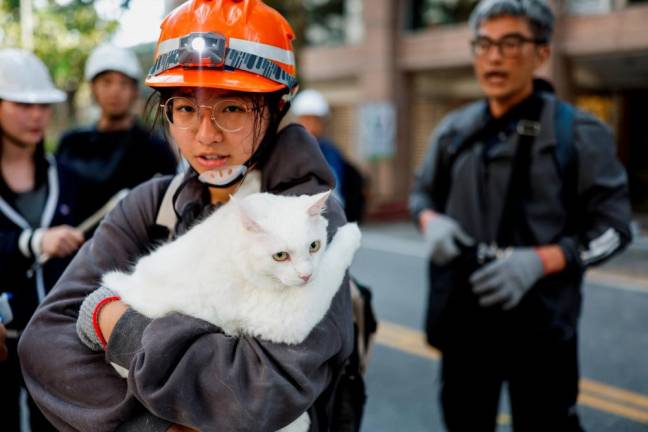PETALING JAYA: A recent trend of consuming dates with butter has made its rounds on X, thanks to former minister in the Prime Minister’s Department (Religious Affairs) Datuk Seri Dr Zulkifli Mohamad Al-Bakri.
In his post, Zulkifli promoted the recipe for Ramadan as it is said to be one of Prophet Muhammad’s favourite foods.
It has since drawn the attention of Muslims in the country, with many eager to try the combination as it is said to keep hunger at bay until iftar.
Nutritionist Naim Sufi said the fats in butter slow down the “gastric emptying process”, which is a complex physiological process, during which the stomach empties its contents into the small intestine for further digestion and absorption.
“The fibre in the dates slows down the absorption of sugar and when combined with the butter, it also causes a smaller spike in blood insulin and glucose after eating.”
Naim said the presence of proteins and fats signals the receptors in the intestines to produce a hormone called cholecystokinin, which contributes to quicker feelings of satiation after eating.
Then, hormones such as glucagon-like peptide-1, oxyntomodulin, peptide YY and pancreatic polypeptide are secreted and function to slow down “gastric emptying”.
“This is why nutritionists, dietitians and health practitioners are also promoting the combined consumption of dates and butter, especially in a world full of processed foods, added sugars and excessive calorie intake.”
However, he advised the public to consume the combination moderately, with no more than three buttered dates in a sitting.
“Butter can quickly build calories, so I suggest taking them with some protein, fruits and vegetables to round up the macronutrients since dates and butter do not provide enough protein.”
Meanwhile, Universiti Kebangsaan Malaysia public health specialist Prof Dr Sharifa Ezat Wan Puteh recommended that those who are fasting drink enough water during sahur and when breaking fast.
“Ramadan this year seems to be hotter and people need to stay hydrated, shelter from the heat and be in places with good ventilation. Maintaining proper hydration throughout the fasting month is essential to avoid dizziness, headaches and fatigue.”
Sharifa Ezat said people need to consume two litres of water daily, with at least 500ml taken during sahur .
She also suggested eating plenty of fruits and vegetables to prevent constipation during Ramadan and stressed focusing on whole, unprocessed fruits and vegetables rather than relying on juices or processed foods, which have lower fibre and nutritional benefits.
“Limit your intake of salt, carbonated drinks, high-sugar beverages, greasy foods and caffeine during Ramadan, as these can contribute to dehydration and increase urine output, leading to quicker dehydration.
“Be sure to include protein-rich foods such as chicken, fish and eggs in your diet, as protein provides and sustains energy levels, and helps stave off hunger.”
She also advised those fasting to consume complex carbohydrates, such as noodles and rice, which provide sustained energy and keeps one full for more hours as they take longer to digest.










